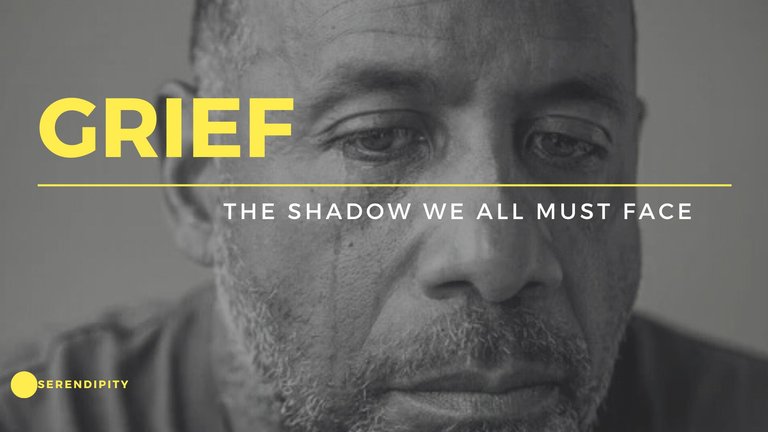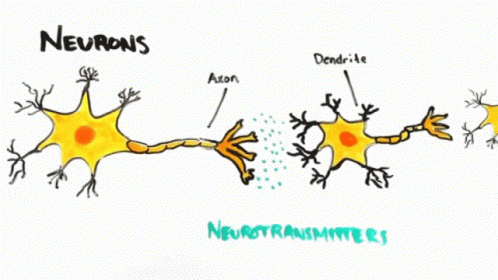
It is not obvious when it begins- an unanswered text, an empty chair at dinner, a box packed with all the old pictures, but slowly the realisation begins to creep in, like a dark cloud slowly covering the sun from view. The weight of the loss builds slowly, gnawing at your chest until you feel like a stranger in your own skin.
You soon catch yourself staring into the abyss for hours on end, unable to comprehend how the world continues to move on while your world seem to have stop rotating in the dead of the night. Grief arrives, not as a thief in the night but as an uninvited guest who settles into the very fibre of your being.
Grief is what everyone goes through at one time or the other. Whether through the loss of a loved one, a job, relationship or even your cherished dream, every human being with a finite existence eventually feels the cold hands of grief. It is as natural as love itself, in fact, grief only exists because of love, as grief is only a reflection of the bonds and aspirations that give life meaning. But what is grief really? Why does it feel unbearable most times?
The Neuroscience of Grief

Grief is how your brain processes loss. We all have attachments that we would not want to lose. Whether it is your family, or friend, or a job or a piece of valuable artefact, our brains grow accustomed to the connection and relationship and we learn to depend on the presence of such attachments...Our brains even crave them.
When that attachment is suddenly ripped away through the death of a loved or the loss of a job, our brains experience grief as a way of coping with the loss and processing life in the absence of such a connection.
According to neuroscience, grief activates regions of the brain associated with attachment and reward(Nucleus accumbens and the ventromedial prefrontal cortex). These areas are responsible for reinforcing emotional bonds and creating expectations for continuity even when that is obviously no longer possible.
When loss occurs, the brain struggles to reconcile this absence with the connection that it has enjoyed for so long. This creates a feedback loop of pain and a longing desire for the connection that has always been present. The part of the brain responsible for processing emotions a.k.a the amygdala becomes hyperactive in these situations thereby triggering intense feelings of sadness, fear or even anger.
At the same time, another part of the brain linked to self-reflection a.k.a the default mode network(DMN) goes into overdrive and begins to replay memories and imagining "what if scenarios". It is the part of the brain responsible for self guilt.
This chaos happening in the brain is why grief feels overwhelming. It is not just about mourning the loss, your brain is trying to rewire itself into a new reality where the object of attachment no longer exists. In other words, your brain is trying to change to conform with the reality that you are never going to see that person again. This process is emotionally taxing and can result in brain fog, tiredness and sometimes a weakened immune system.
Navigating Grief

We cannot avoid grief. It is unfortunately, a part of our existence. But we can navigate it effectively. Things are never the same after a loss and navigating grief is not about "getting over" the loss. But there are ways to help yourself and your brain learn to adapt to the new normal.
Expressive Writing. - Writing about your grief activates the part of your brain that is responsible for decision making and regulating your emotions. this helps to reduce the emotional turmoil and provide some structure to your thoughts while giving you a safe way to
pour out
the overwhelming emotions. Writing for as little as 15 mins can make a huge difference in the long run.Social Connection.- Grief tends to make people seek isolation, but that is usually a bad idea. Reaching out to people, talking to others, sharing memories or simply sitting in silence with another person can help activate the brain releasing a chemical called **oxytocin **a.k.a the bonding hormone which helps to reduce the intensity of the emotions and provides some sense of safety.
Physical Activity
When people grieve, some people want to stay indoors doing nothing or just comfort eating. These only make things worse and prolongs the period of misery. Exercise can help release some chemicals called **endorphins **a.k.a the body's natural mood elevator. These chemicals can help the brain form new connections that can help hasten emotional recovery. Simply taking a walk can be a powerful way to process grief.Mindfulness and Meditation
Meditation has been shown to be effective in training the brain and quieting the noise, especially the emotional chaos that grief brings. It can help the brain tolerate the pain and discomfort without being overwhelmed by it. Mindfulness can reduce the hyperactive amygdala and help you stay grounded in the presence instead of ruminating on the past and "what ifs".